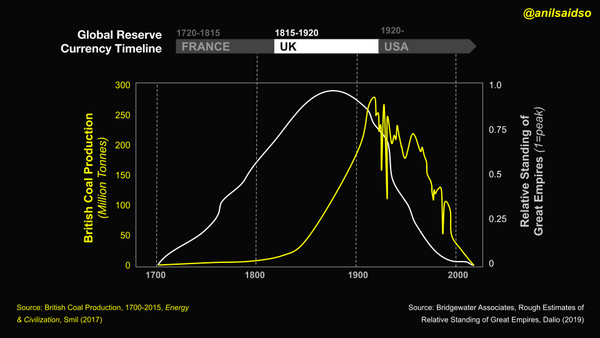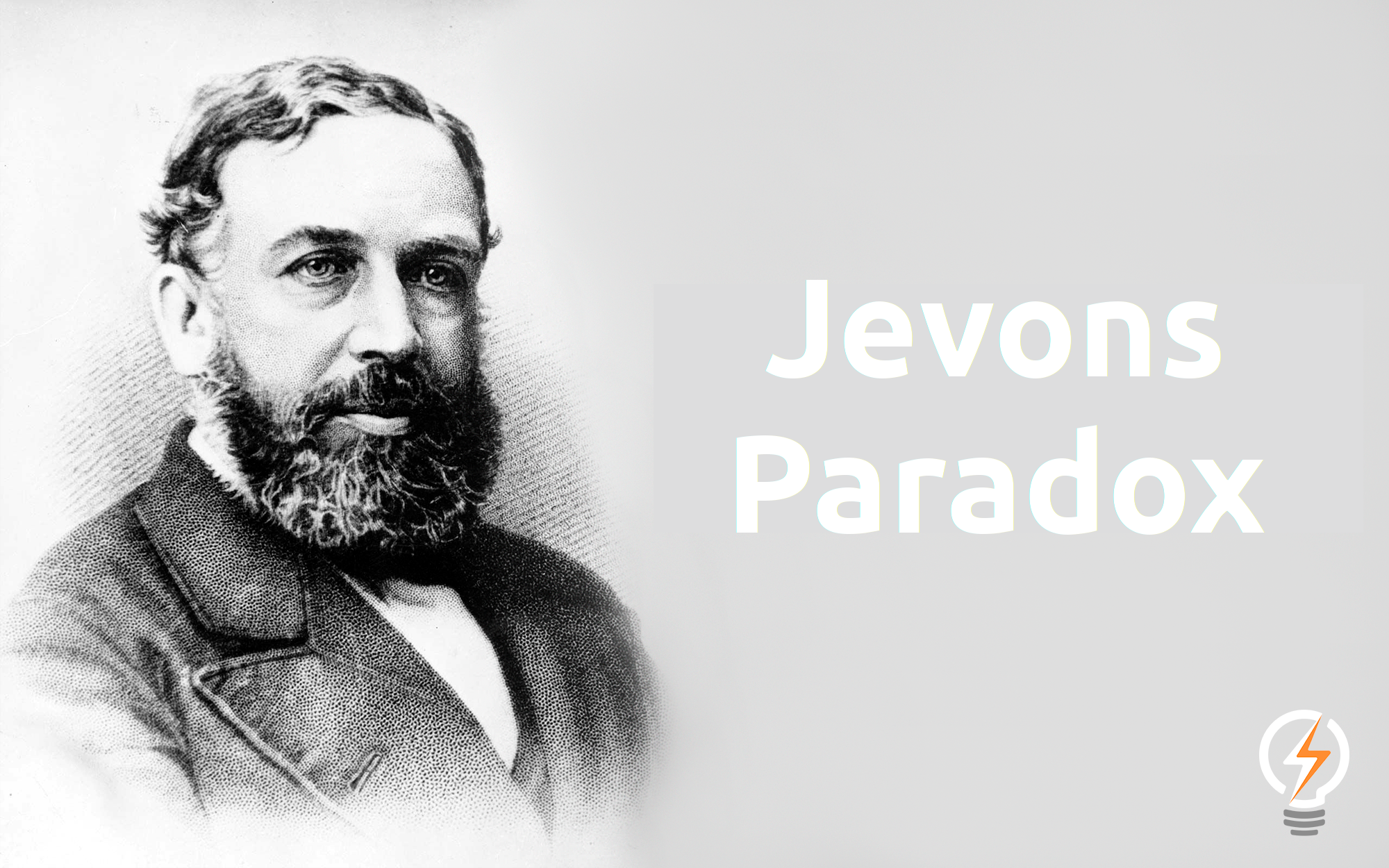This article by Anil was first published on getrevue.co website.
“The observation that improved energy efficiency can increase the overall consumption of energy by making an activity cheaper and thus more scalable or accessible.”
— John Spacey
Bitcoin’s use of energy as a security mechanism is often a target of critics. But much of their argument boils down to a premise in which all the world’s available energy is known, limited, or finite. This also assumes humans are incapable of innovating to increase the energy generated from a fuel source. Getting to the core of this argument requires an understanding of a key concept: Jevons Paradox.
First described by William Stanley Jevons in 1865, he made the observation that coal consumption increased dramatically in England with the commercialization of the steam engine. What is more interesting it that this occurred at a time when public discourse was ripe with fears of coal deposits being depleted.
“It is a confusion of ideas to suppose that the economical use of fuel is equivalent to diminished consumption. The very contrary is the truth.”
— W.S. Jevons (The Coal Question)

William Stanley Jevons (1835 – 1882)
A few things are at play here, so let’s dissect:
- Coal was becoming more scarce and its price was starting to reflect this. The incentive existed to find the most efficient use for the resource.
- Steam-powered engines were becoming more efficient in terms of their consumption of coal and increasingly useful in the transportation of people and goods (including coal itself).
- Trade expanded with increased rail travel, due to distance being less of a limiting factor.
- Steam power can now be used in the discovery, extraction, and transportation of more coal.
- Steam power starts being used in the drilling, transportation, and refining of oil. Making the resource more widely accessible. Refined oil is a more efficient energy source for certain activities, eventually leading to a reduction in coal demand in industrialized nations.

“Energy is the only universal currency”
— Vaclav Smil (Energy and Civilization)
The unbreakable link between energy and money is undeniable and inescapable. Many have proposed a money linked to energy throughout modern history, but none were able to successfully design or implement it. Enter Satoshi Nakamoto.
Bitcoin is the tool that will incentivize and usher in a new age of energy abundance. Because securing the money removes moral hazard and economic manipulation from the equation. Incentives revert back to the most efficient use of energy as determined by the individual who bore the cost to acquire it.
Civilizations advance based on their ability to HARNESS energy, not the energy they consume. #Bitcoin encourages the former & disincentivizes the latter. pic.twitter.com/nTwClGgCRD
— Drewsie (@drewsie_) June 9, 2022
Like money, energy evolves over time.
And like bitcoin, energy cannot be banned.
#Bitcoin uses precisely the correct amount of energy.
— Parman 🔑 Paranoid Bitcoin Mentor & NeverSeller™ (@parman_the) June 26, 2022
